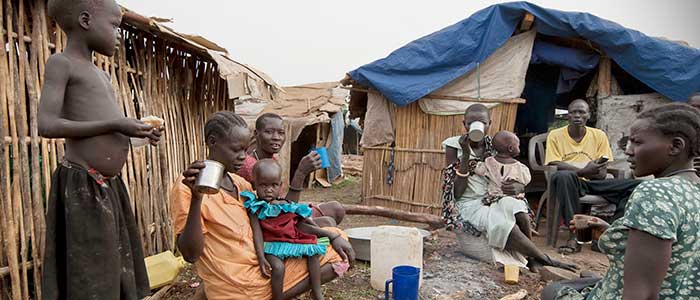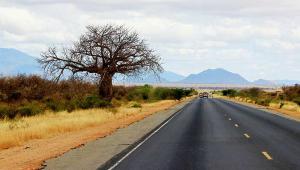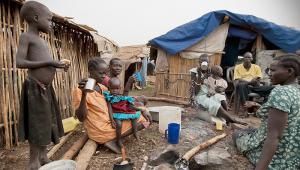Web_SouthSudan_iStock_000061842024_Large.jpg

People in displaced persons camp in Juba, South Sudan
The bank announced yesterday that its board of directors approved the project in mid-July, just as fighting flared up and aid agencies, embassies and other organisations started evacuating their staff.
The €6.3m project will work to improve access to sustainable water supplies and water system functionality in the capital Juba, where the return to violence after a short-lived attempt at peace was followed by an outbreak of cholera.
Mohamed El Azizi, director of water and sanitation at the AfDB, commended the bank’s board of directors for its “courageous approval” of the project.
Juba’s outdated infrastructure has been rendered even more inadequate by years of damage from armed conflict, underinvestment and lack of maintenance. It is unable to cope with the strain of the city’s crowded camps for refugees, who have been displaced from their homes by the war.
Since the most recent conflict began, as many as 300 cases of cholera have been reported as people sought refuge in overcrowded camps, with poor hygiene and sanitation.
Even in more peaceful times, Juba’s water system is able to serve only 25% of the city’s population with piped water. While water tankers are available, filling stations are limited and have become hot spots for water-borne disease, requiring most Juba resident’s to fetch raw water directly from the river Nile.
The AfDB also noted that the current payment mechanism, under which all consumers pay flat rates for their water rather than being priced via a meter, is unsustainable. Constant conflict has also prevented capacity building in South Sudan’s institutions and public sector staff, meaning the billing system is deficient and collection of fees is low.
The project aims to increase access to piped water in Juba to 35% by project completion in 2020, cutting the incidence of water-borne diseases by a factor of four and reducing under-five mortality by 25%.
In crisis situations, long-term water and sanitation projects often become the poor cousins of the aid world, with more immediate needs such as food, protection and quick-fix water supply options receiving the lion’s share of funding.
The AfDB noted that this is true for South Sudan: “Rehabilitation of the Juba distribution network has not received support from development partners over the years, in spite of its crucial importance in the water supply chain, making this project opportune and timely.”
Chaos struck again in South Sudan a few weeks ago, as a peace deal brokered in August 2015 and put into practice earlier this year crumbled.













